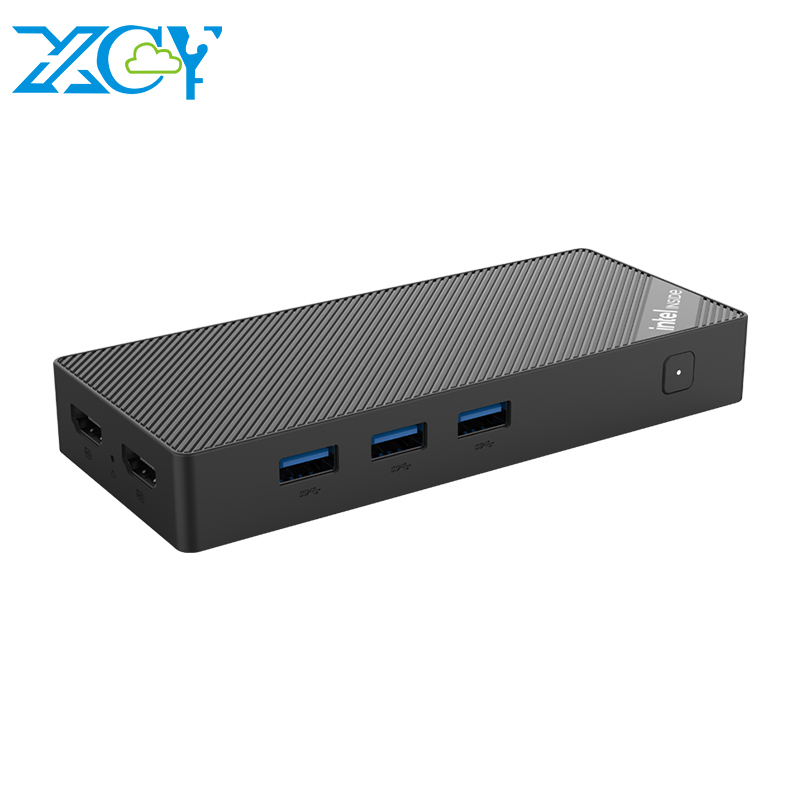For example, as one of the most contributors to Linux Kernel, Intel provides a large number of patches and audit work; For example, in the fields of Kubernetes and cloud native that have emerged in recent years, Intel is also one of the outstanding contributors. It can be said that embracing open source has always been one of Intel's principles, which has helped tens of thousands of developers worldwide.

Intel places great emphasis on developers throughout the industry. As early as 2018, Intel joined the PyTorch Foundation and served as a senior member of the Artificial Intelligence and Data Foundation Management Board, contributing to the booming AI and big data fields in recent years. Among them, most of the open-source AI frameworks and toolsets in PyTorch are maintained by Intel's dedicated technical personnel, and by developing open-source frameworks, Intel's hardware platform can achieve the best platform performance under the PyTorch framework. Therefore, it can also be seen that Intel's contribution is increasing year by year in the entire AI field. One important reason is that Intel always adheres to the principle of openness, providing customers with choices and strengthening trust, while providing developers with more possibilities.
Xie Xiaoqing has repeatedly emphasized that Intel is a company that embraces an open-source ecosystem. In terms of underlying software, operating systems, virtualization, and the emerging AI and cloud computing fields in recent years, Intel has been actively involved. The communities that have a significant impact on the world have been deeply cultivated, from bottom level software to mid-level software frameworks, and even upper level applications, with Intel's contribution in every key open source field.
For example, in the PP PaddlePaddle project with Baidu, Intel oneAPI and Open VINO provide extreme AI performance optimization for heterogeneous hardware.
In the in car intelligent cockpit project, Intel combines AGL (Automotive Grade Linux), Android, and Linux to provide optimized in car solutions for intelligent in car solutions in China. Intel has invested heavily in intelligent car cabins in recent years and has established deep cooperation with local new energy manufacturers in China. The most important aspect is to consider how to seamlessly integrate Android into the car and provide opportunities for differentiation. And not only for Android applications, Intel also hopes to use related technologies to make Windows applications run and fully utilize the computing power of x86, providing an excellent experience for Android or other applications in car scenarios.
At the end of 2023, Intel and Jike collaborated to create an intelligent cockpit cooperation plan. From the perspective of differentiation, thanks to the PCIe interface and the powerful computing power support of x86, this solution can even meet the gaming experience in the intelligent cockpit of the car, which is very different from other Android solutions. At the same time, with Intel Celadon, multiple virtual machines can be placed in one cockpit, and a virtual machine can also support multiple screens. Even with just one chip, it can drive eight screens, bringing users a very good and ultimate experience.
In addition, in terms of cross system and cross ecosystem integration, Intel utilizes Intel ® Bridge Technology and Celadon open-source projects, in collaboration with Tencent App Store, have achieved the ultimate experience of smooth, stable, and seamless Android on Windows on Windows PC.